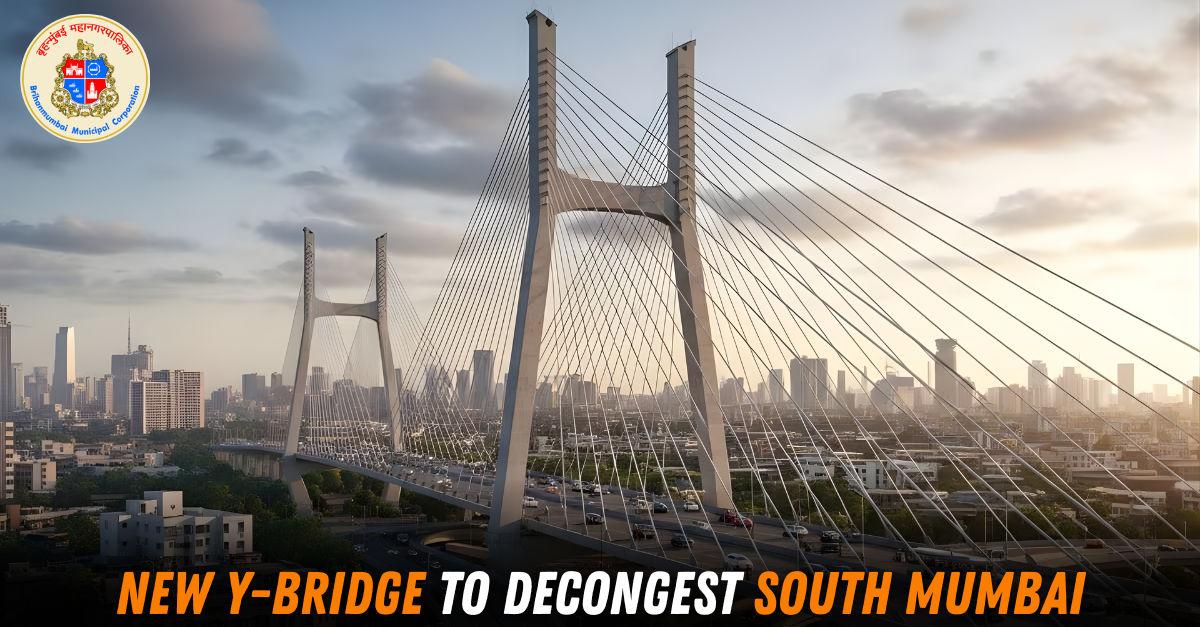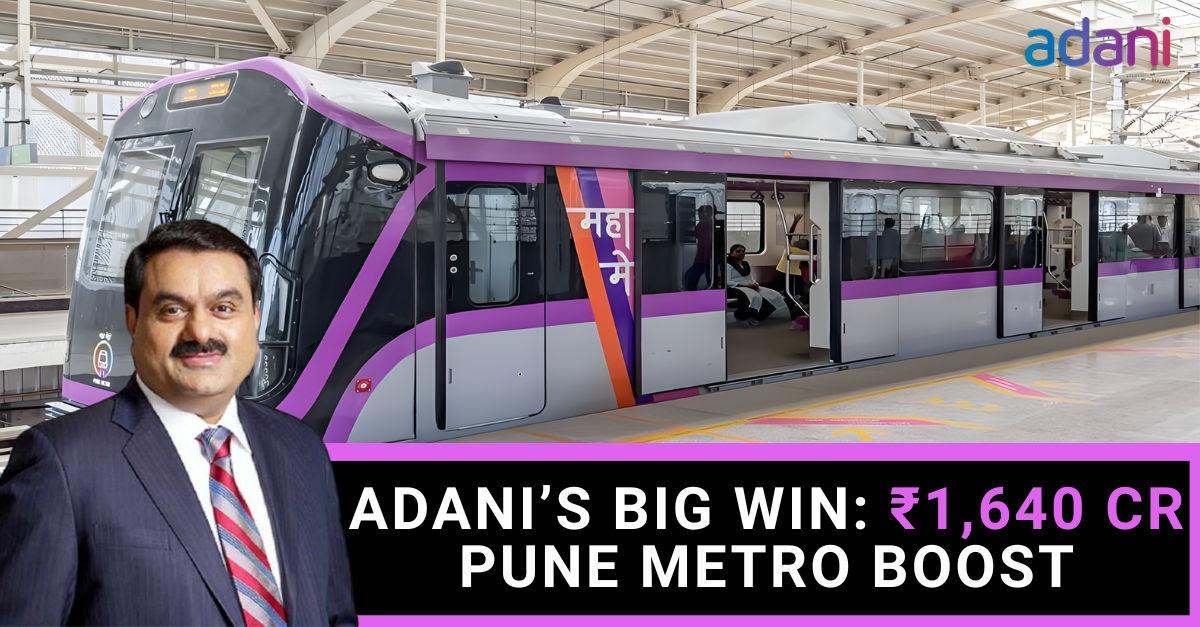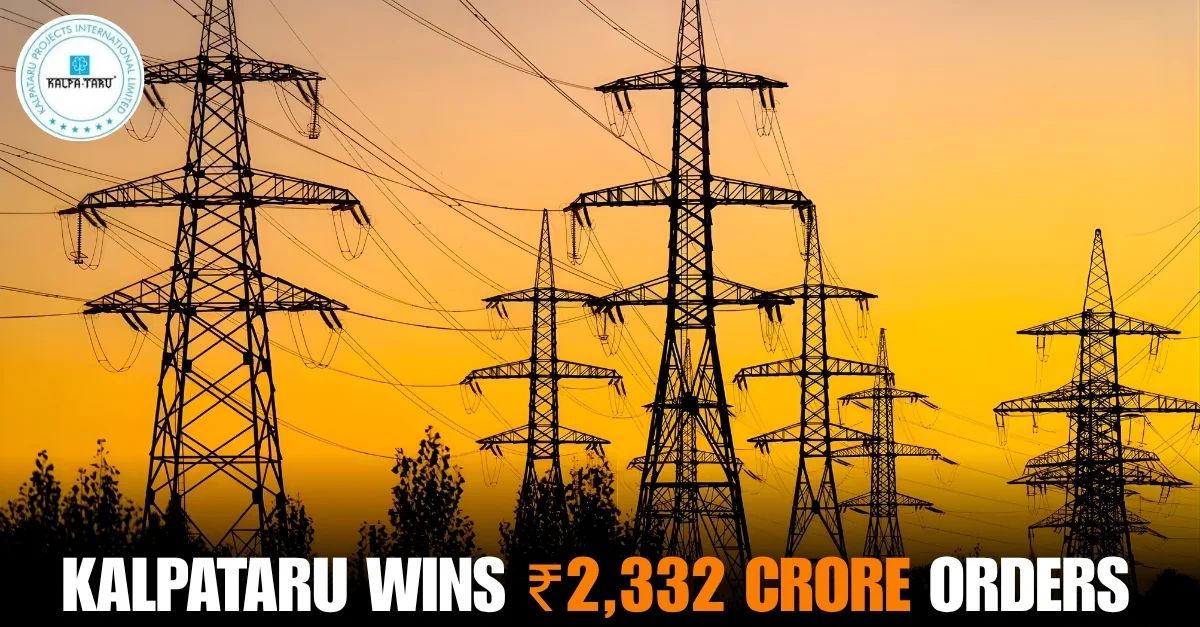Telangana has unveiled a sweeping ₹12,000‑crore road development plan, covering over 13,100 km of roads—5,190 km under the Roads & Buildings Department and 7,947 km via Panchayat Raj. Tenders for the initial phase are expected soon, followed by another 6,810 km of major linkages by December under the Hybrid Annuity Model (HAM), combining the strengths of EPC and BOT through 40% public funding and 60% contractor investment. This model also guarantees 15 years of maintenance, ensuring durable, safe, and well-maintained road networks.
At a roadshow hosted by the state government, Deputy Chief Minister Bhatti Vikramarka described the plan as foundational for connecting every village to mandal headquarters, mandals to districts, and districts to Hyderabad—a vision aimed at equitable development. He also addressed the financial burdens left by the previous administration, where ₹1.75 lakh crore in development agreements and ₹45,000 crore in approved tokens remained unpaid. The new government is actively clearing dues and ensuring that both large and small contractors are involved in Telangana’s infrastructure drive.
Beyond road development, the government continues to seek fast‑track approvals for strategic highway projects. The Roads Minister recently met with Union Minister Nitin Gadkari to expedite the NH‑65 six‑lane upgrade, Regional Ring Road southern corridor, and proposed elevated structures along LB Nagar–Malkapur. Gadkari has agreed to take up these proposals at the upcoming Finance Committee meeting and to accelerate tendering and budget revisions.
Financial and strategic support are also making a mark. The ADB has approved ₹4,100 crore funding for the Musi Riverfront project, which includes roads along the riverbanks, sewage systems, and new bridges—all part of the broader, ₹1‑lakh‑crore urban revitalization plan. Meanwhile, the Telangana government sanctioned ₹430 crore for a new 2.8 km bridge over Mir Alam Tank in Hyderabad. Set for tender under EPC mode, construction is expected to begin within a month and finish in two years. This bridge will improve access between key areas and relieve congestion.
State highway connectivity is also expanding. Telangana has awarded two road contracts worth ₹4,600 crore for the greenfield expressway to Bharat Future City—19.2 km by Rithwik Projects (phase 1) and 22 km by L&T (phase 2). Analysts consider this expressway critical to enhance urban mobility and support balanced regional growth.
All of these moves come amid keen oversight. In Secunderabad Cantonment, the High Court imposed a six‑week stay on the Rajiv Rahadari widening project after residents objected to its scale, demanding fair compensation and better engagement.
In sum, Telangana’s infrastructure agenda is assertive and multifaceted—from rural road upgrades and strategic expressways to urban revitalization and highway clearances. These are not just projects but investments in connectivity, safety, and inclusive growth.
.png&w=384&q=75)






